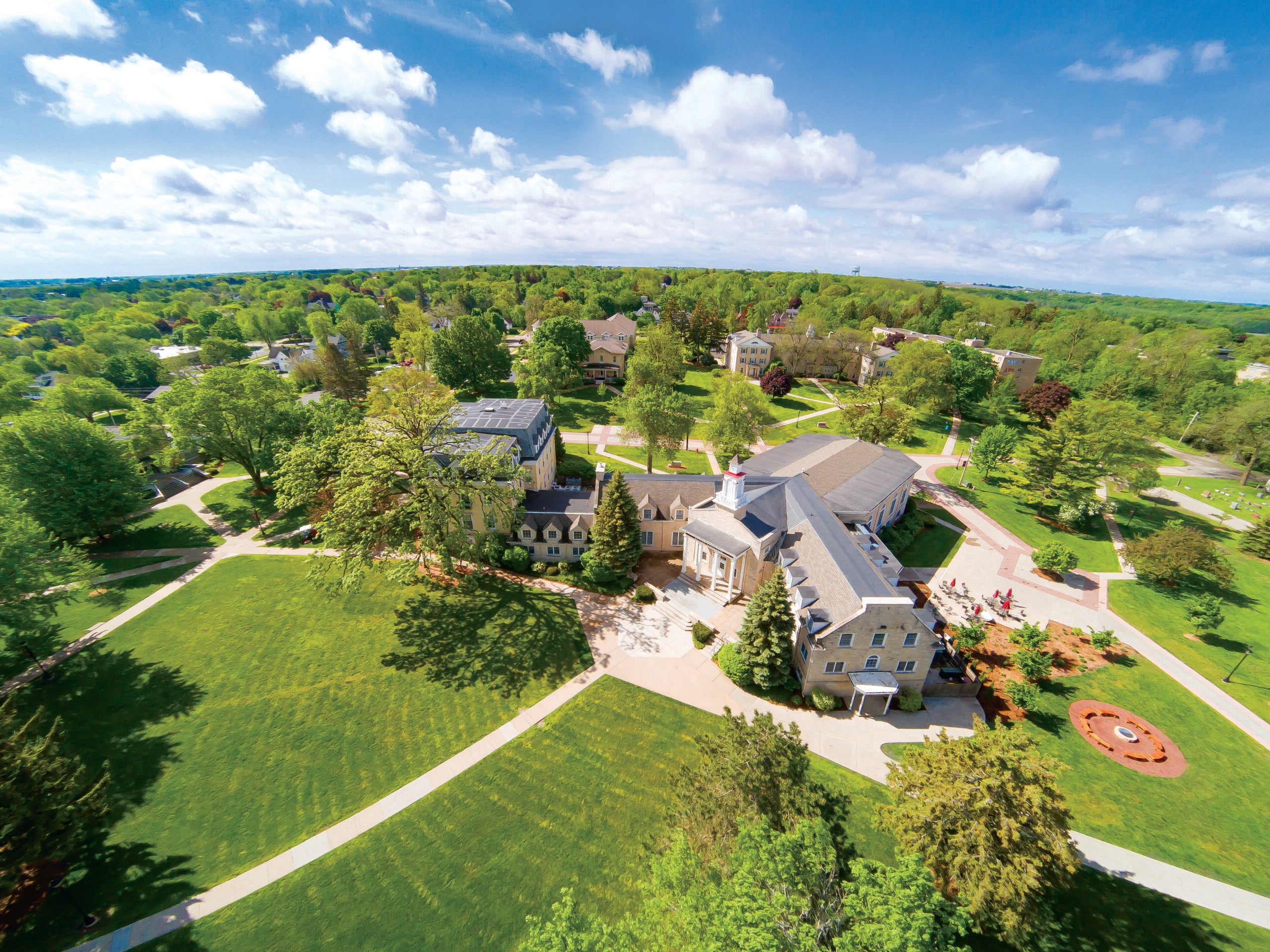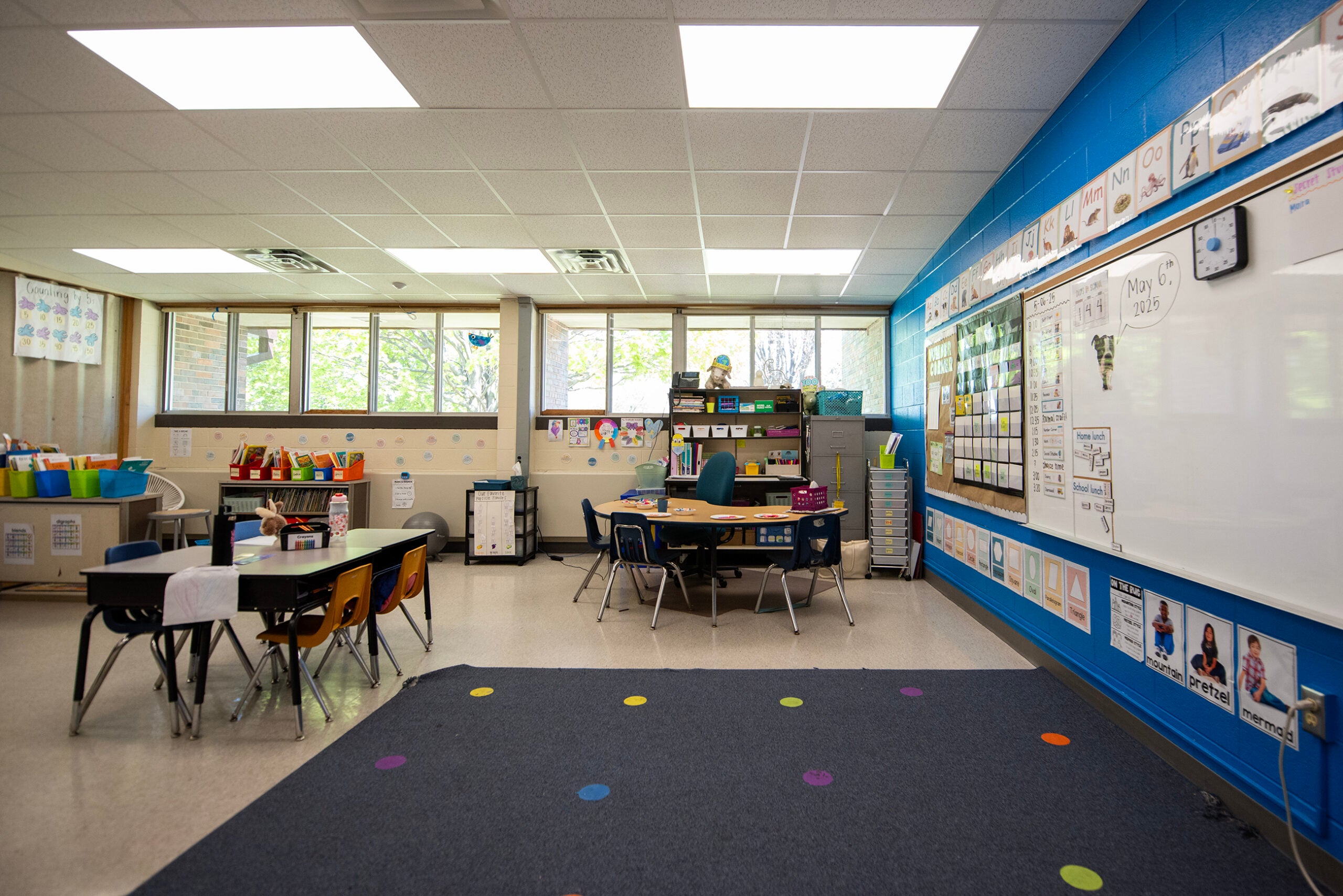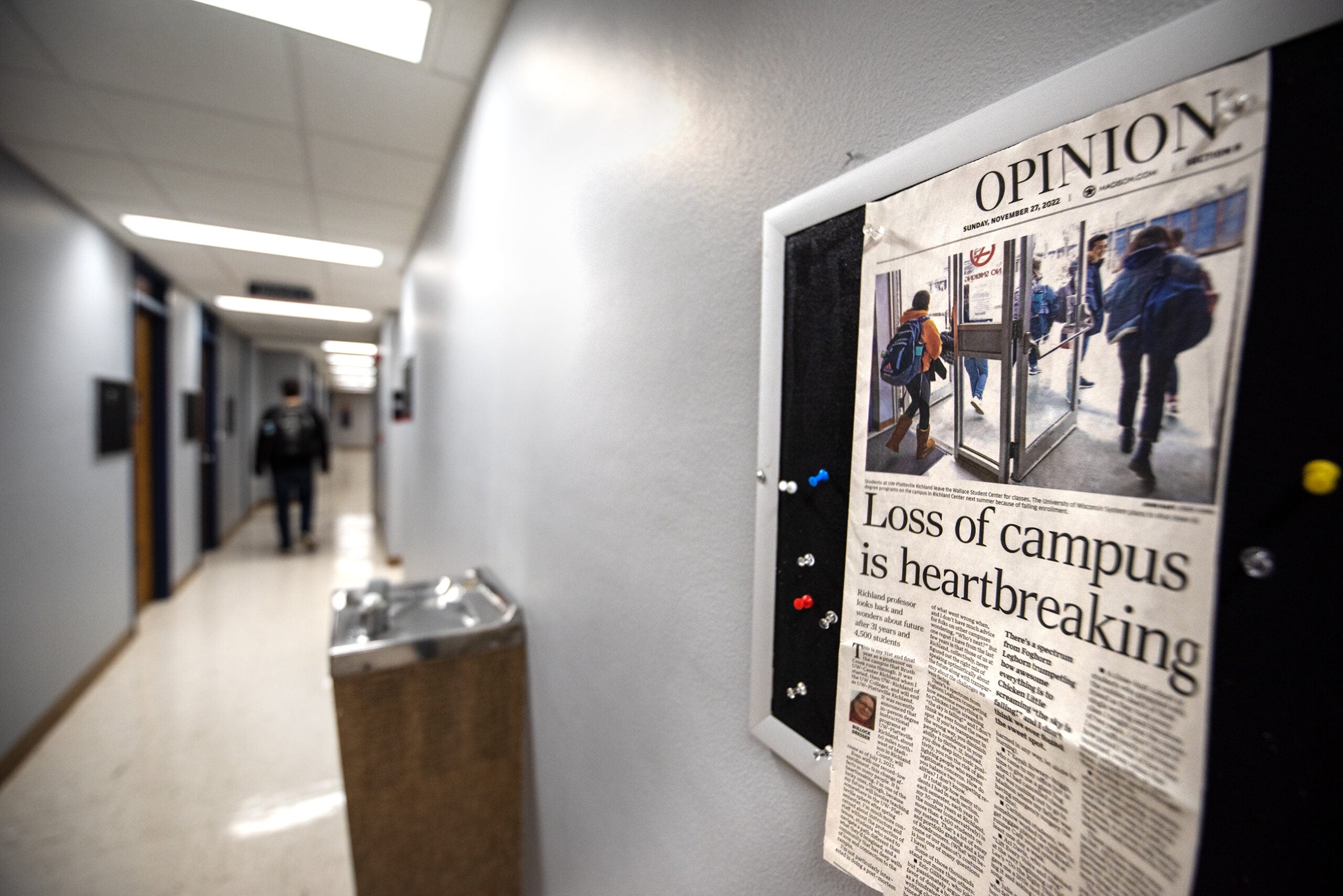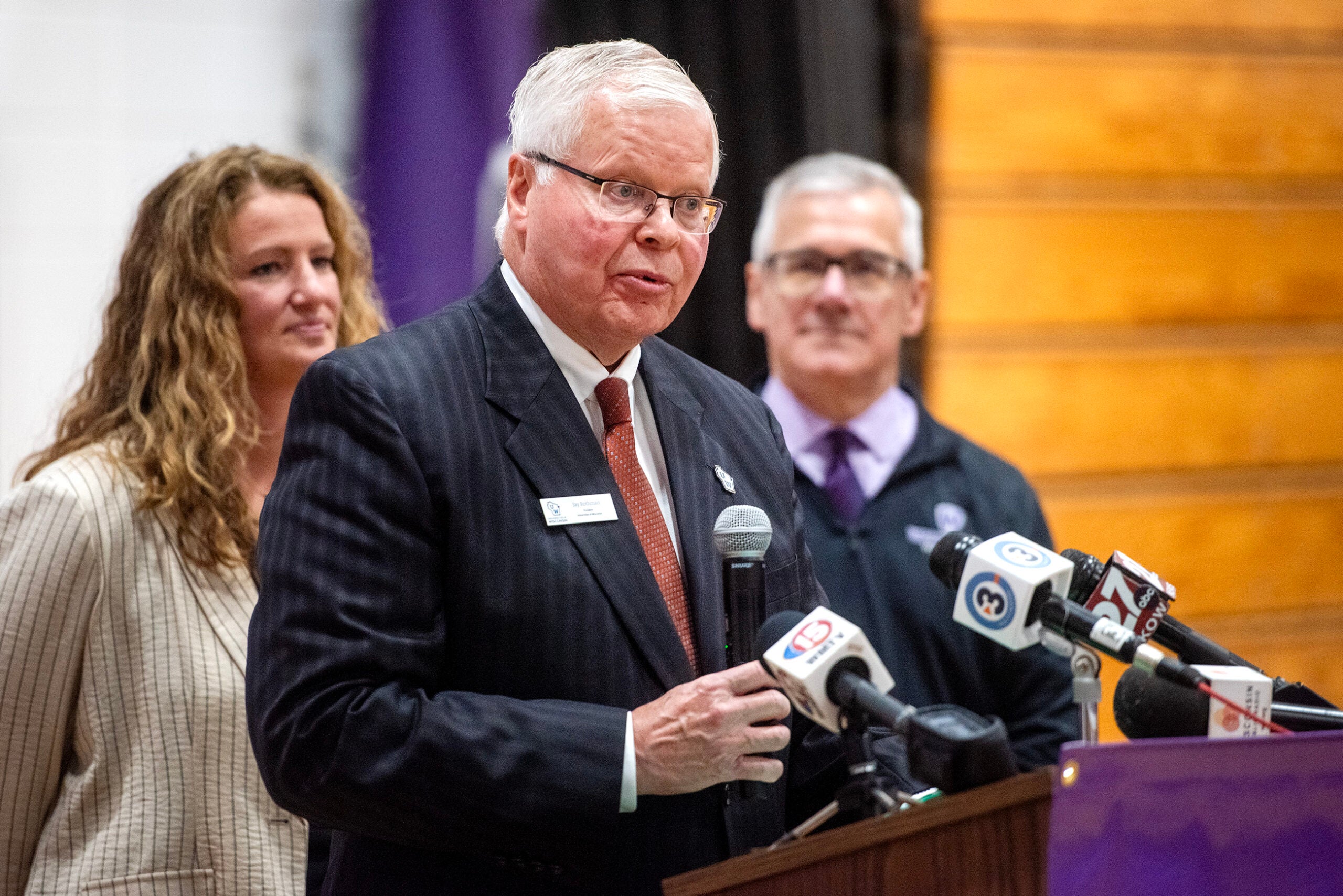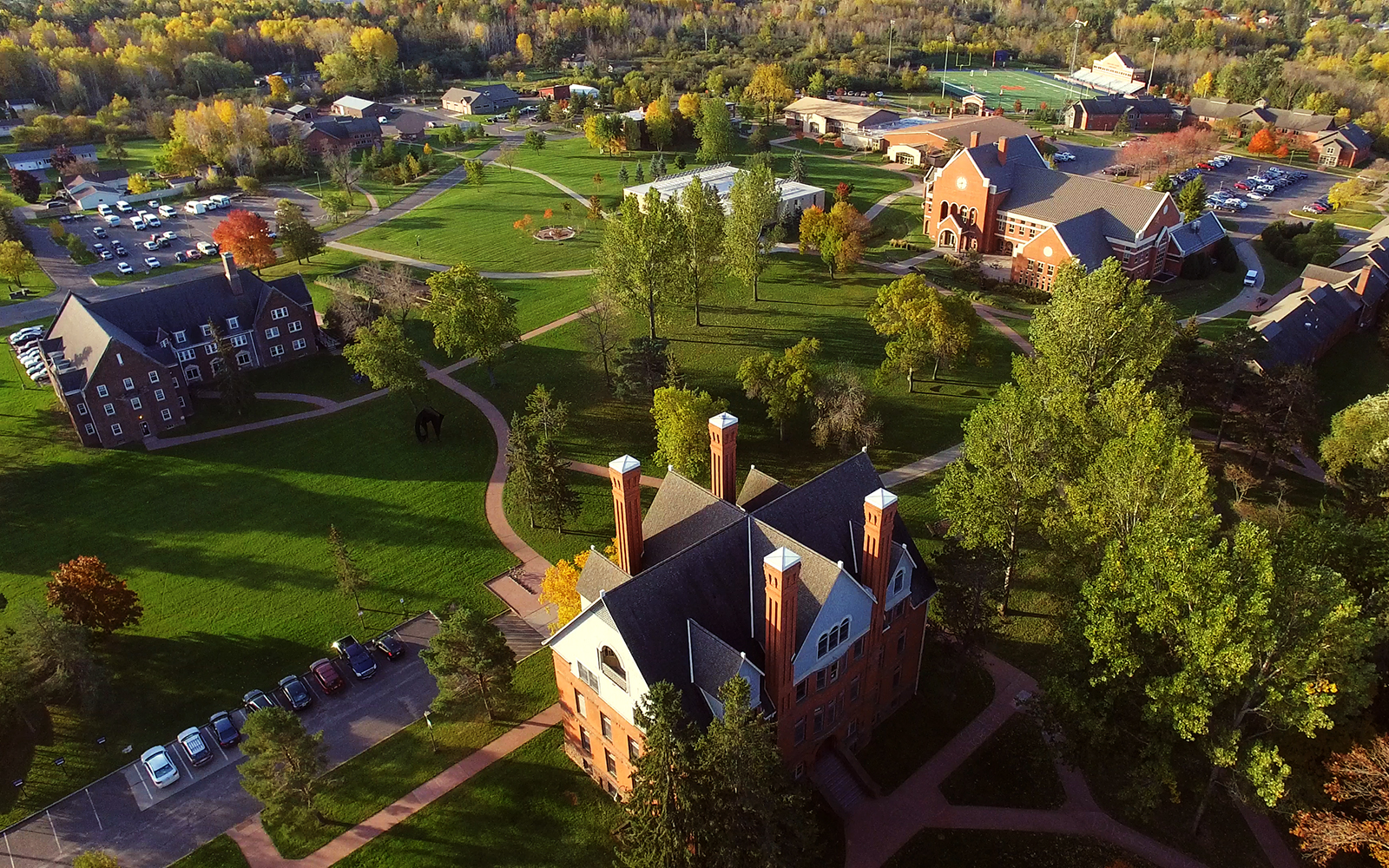One of Wisconsin’s private colleges will offer free tuition to in-state students whose families earn $75,000 or less.
Ripon College in Fond du Lac County is the latest higher education institution in the state to make pricing more affordable for middle and lower income families.
Wisconsin students whose families earn more than $75,000 can attend Ripon College for the same cost as the University of Wisconsin-Madison’s tuition in 2025, $11,606.
News with a little more humanity
WPR’s “Wisconsin Today” newsletter keeps you connected to the state you love without feeling overwhelmed. No paywall. No agenda. No corporate filter.
The sticker price for Ripon is more than $50,000, although most students don’t pay the full tuition cost.
College President Victoria Folse said the initiative, called the Ripon Commitment, opens doors for Wisconsin students who might have thought private school education was not possible.
“This is our investment in the Wisconsin students and families and trying to help them understand that attendance at Ripon College is within reach,” Folse said. “We are invested in removing their barriers to attendance.”
The announcement follows efforts such as Bucky’s Tuition Promise that offers free tuition and fees at UW-Madison to Wisconsin residents whose household income is $65,000 or less. In its first year in 2018, about 800 students qualified for that program.
The Wisconsin Tuition Promise program has now been expanded to all UW System schools.
The Ripon Commitment goes into effect in fall 2025.
Sara Shaw, a researcher with the Wisconsin Policy Forum, said admission and affordability are two barriers for students who want to go to college.
Direct admissions programs have been created to take the paperwork out of getting students into schools, and programs like the Ripon Commitment are helping with affordability, Shaw said.
“We do have evidence from studies that increasing financial aid makes students more likely enroll, to remain enrolled and to complete their studies on time,” Shaw said.
“Nationally and in Wisconsin enrollments have plummeted,” Shaw continued. “So this is both about serving students and shoring up enrollment.”
Folse said enrollment at Ripon has been consistent over the last three years at around 700 students.
“We do anticipate that the Ripon Commitment may increase our diversity and may increase our overall numbers,” she said.
The initiative will cost the school about $1 million. Folse estimates about one third of the incoming class will meet the requirements for free tuition.
Across Wisconsin, there has been a shift from aid being covered by state and federal grants to institutional support, Shaw said. In 2011, students in Wisconsin received 8.4 percent of their financial aid from institutions. In 2020 that number had more than doubled to almost 20 percent, Shaw said.
“It is part of a statewide trend, and we would hope institutions are banking on it because they are seeing results,” Shaw said.
Since 1992, the price of a four-year college has more than doubled, even when accounting for inflation.
And many Americans believe the price tag is just too high or the schooling is no longer necessary. According to a survey by the National Opinion Research Center, or NORC, at the University of Chicago, 75 percent of respondents believe people don’t attend college because they can’t afford it; 59 percent of people think students can earn a good living without college.
Folse recognizes the negative conversations around higher education, but said a four-year degree offers a value proposition for a well-paying job in today’s economy.
“We believe that higher education is an investment, and for that reason, we are turning around and removing the barrier,” Folse said. “We’re here to say that the outcomes of students at Ripon College demonstrate the benefits of a liberal arts education, including the ability to be in leadership roles and to just really be prepared for global citizenship.”
Wisconsin Public Radio, © Copyright 2025, Board of Regents of the University of Wisconsin System and Wisconsin Educational Communications Board.

